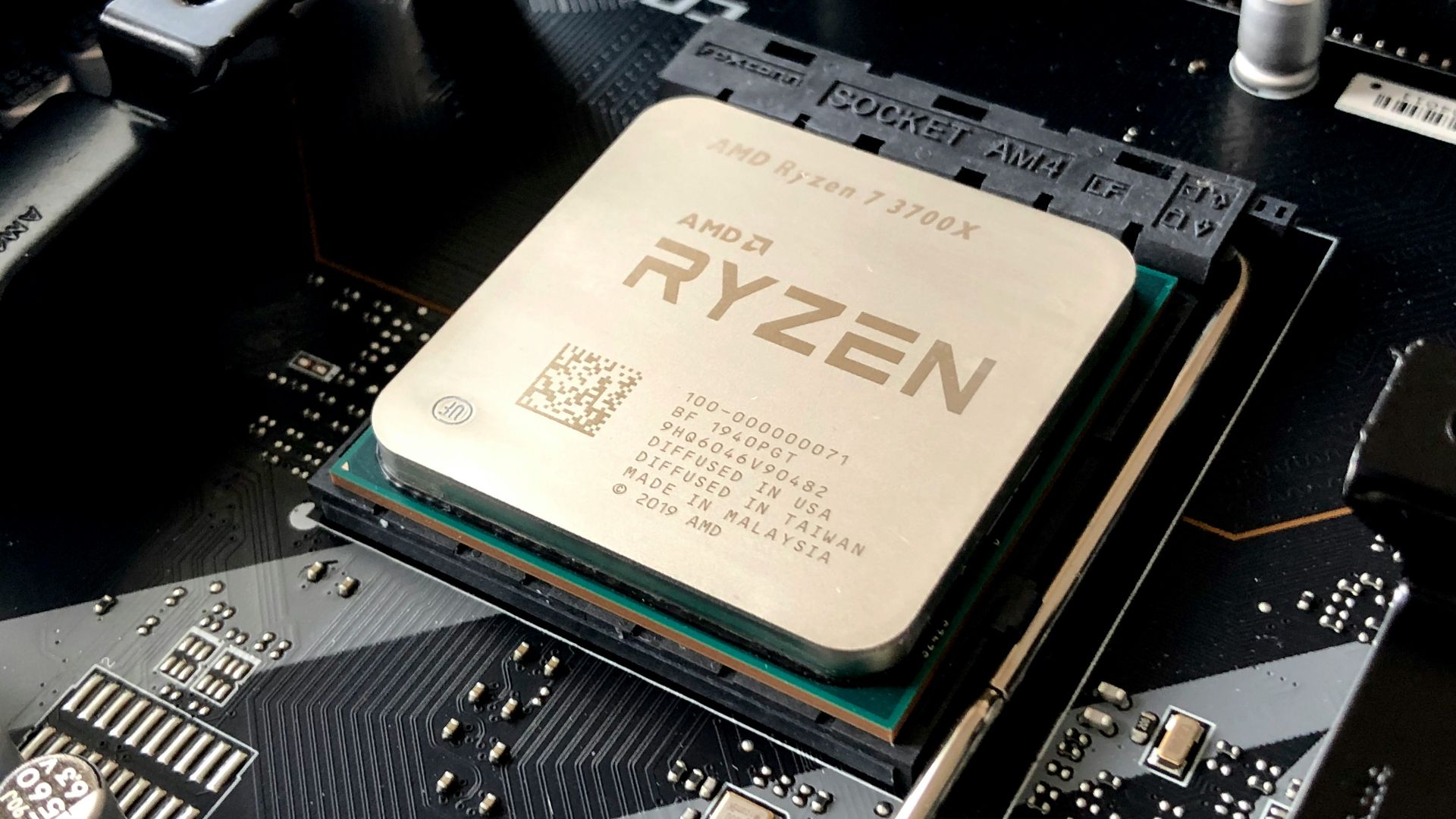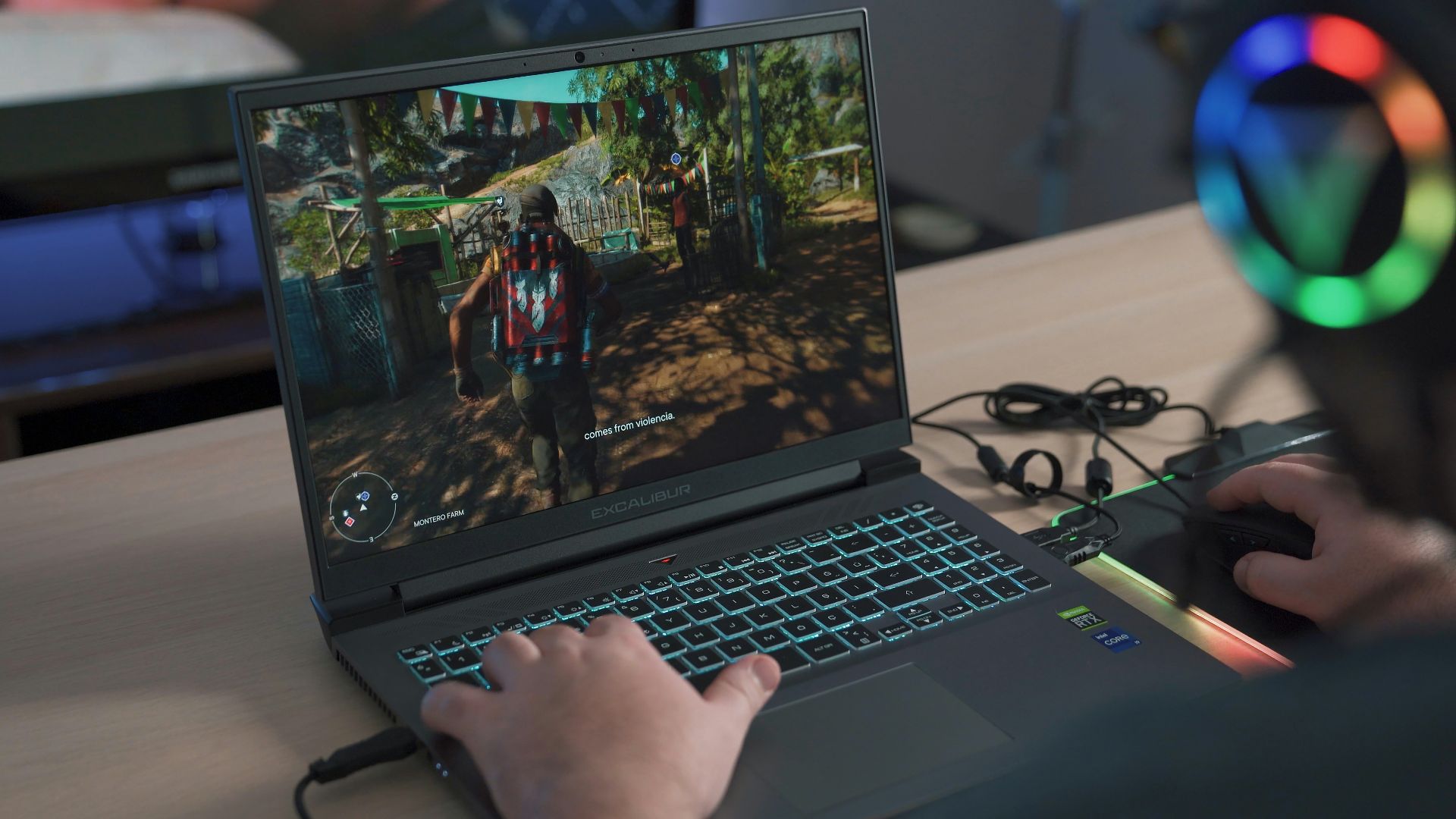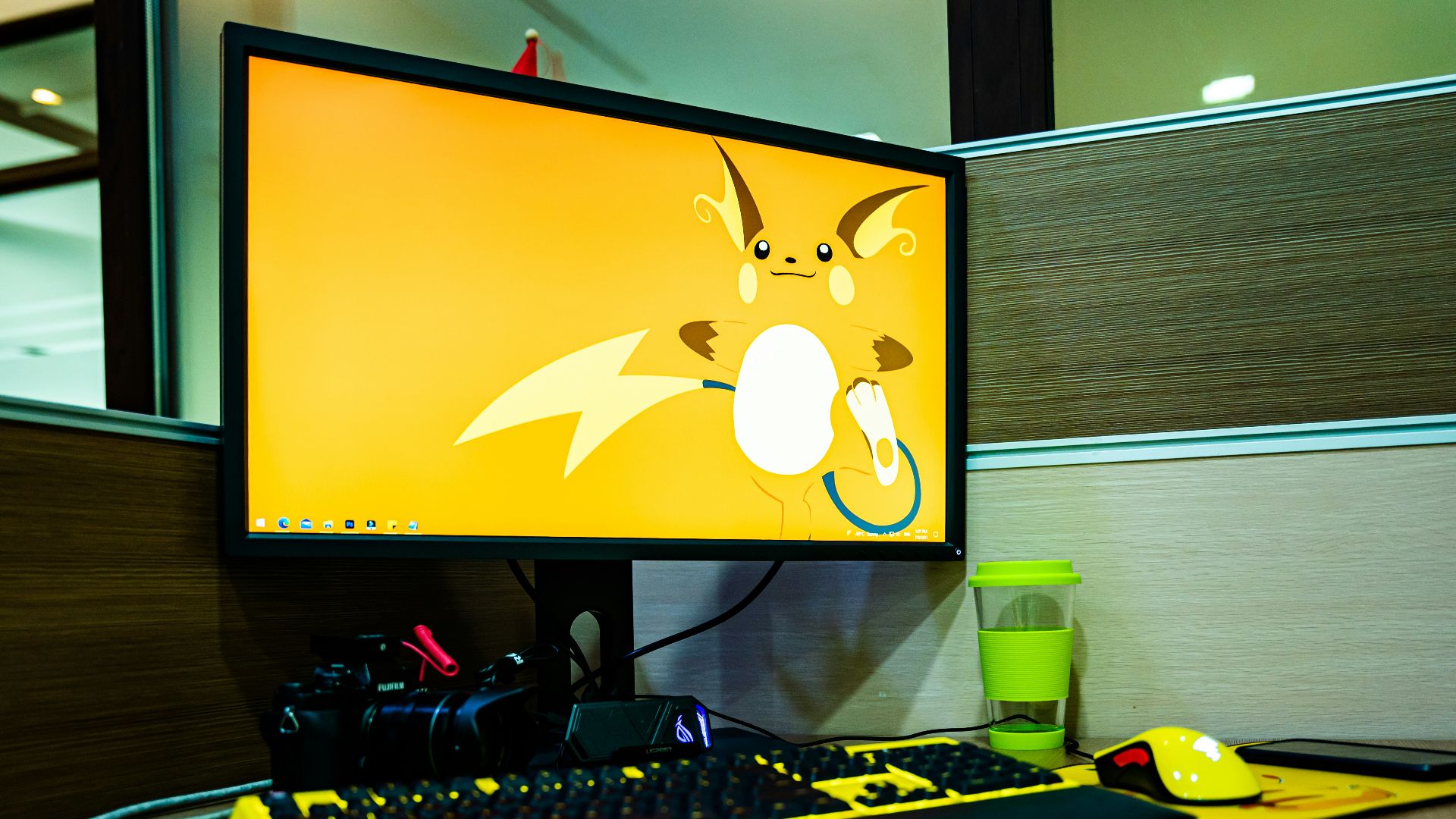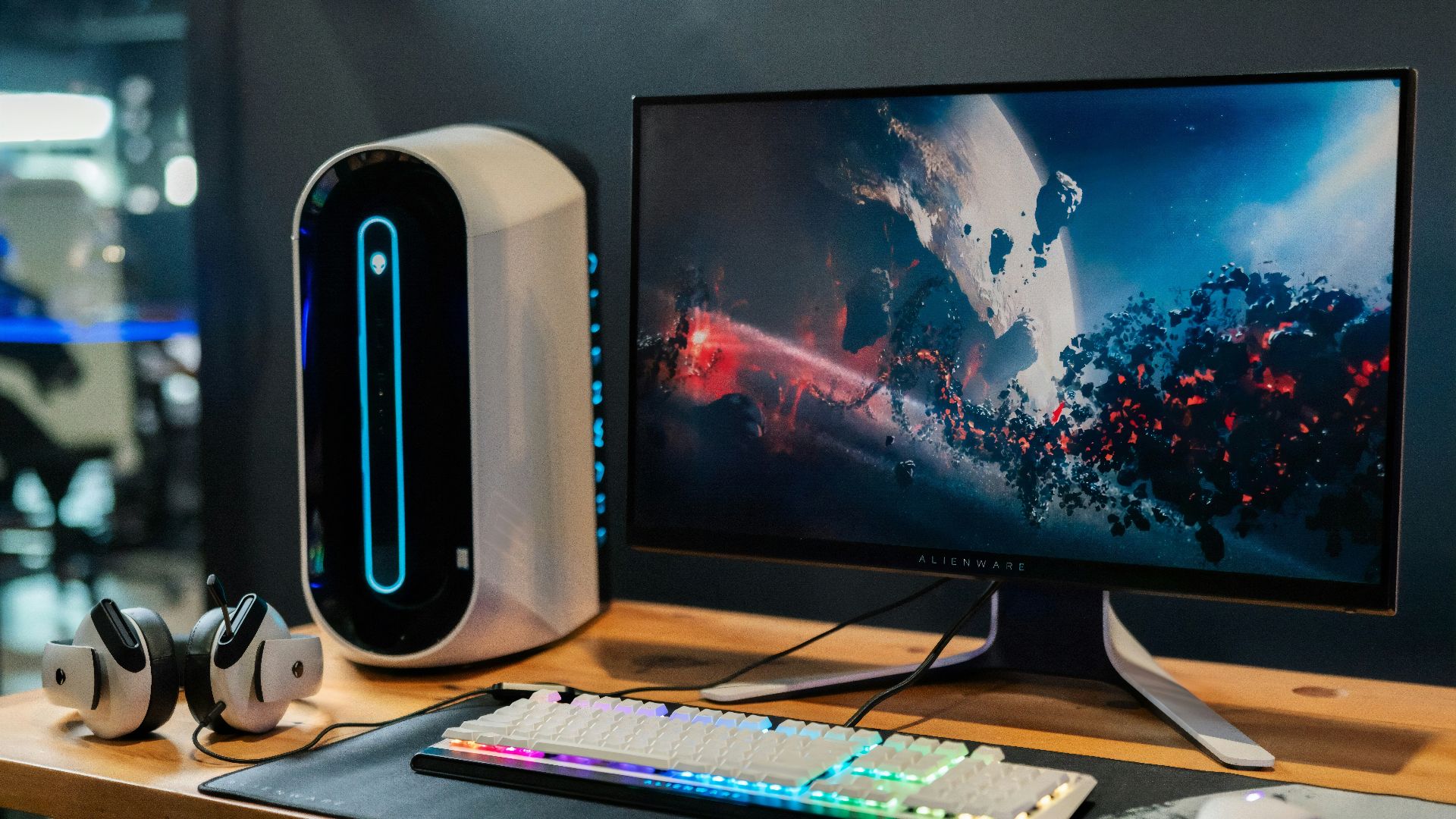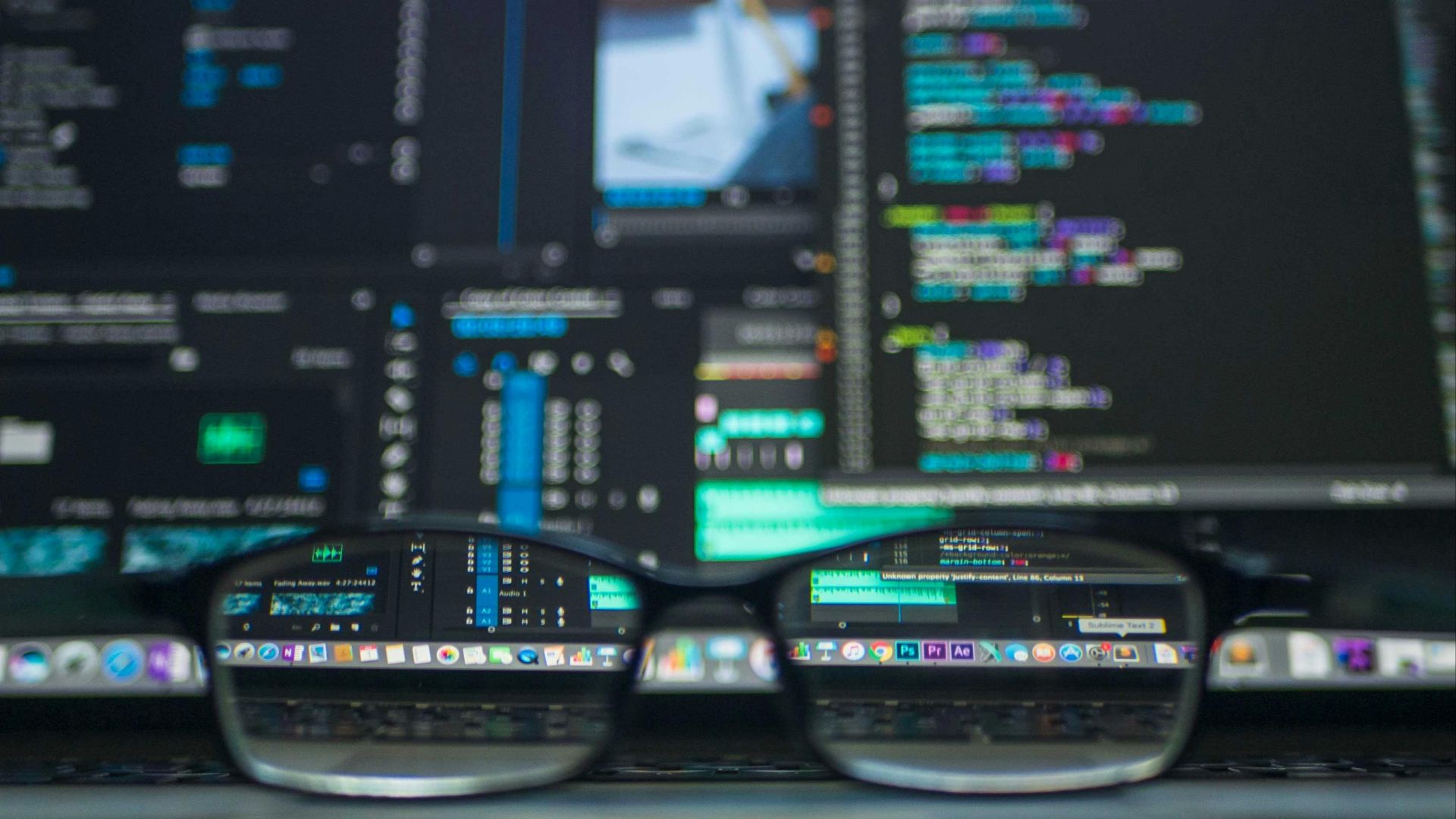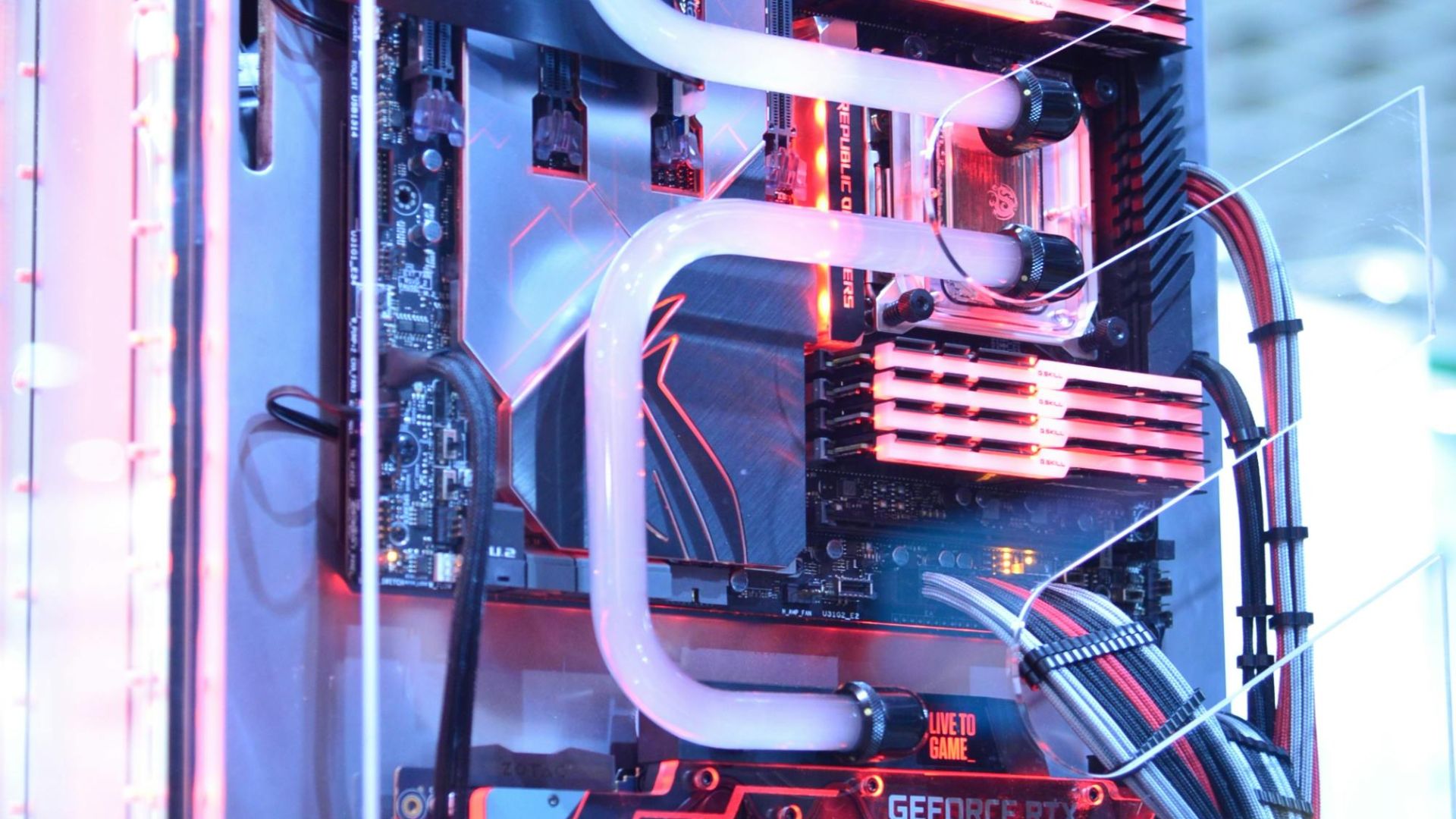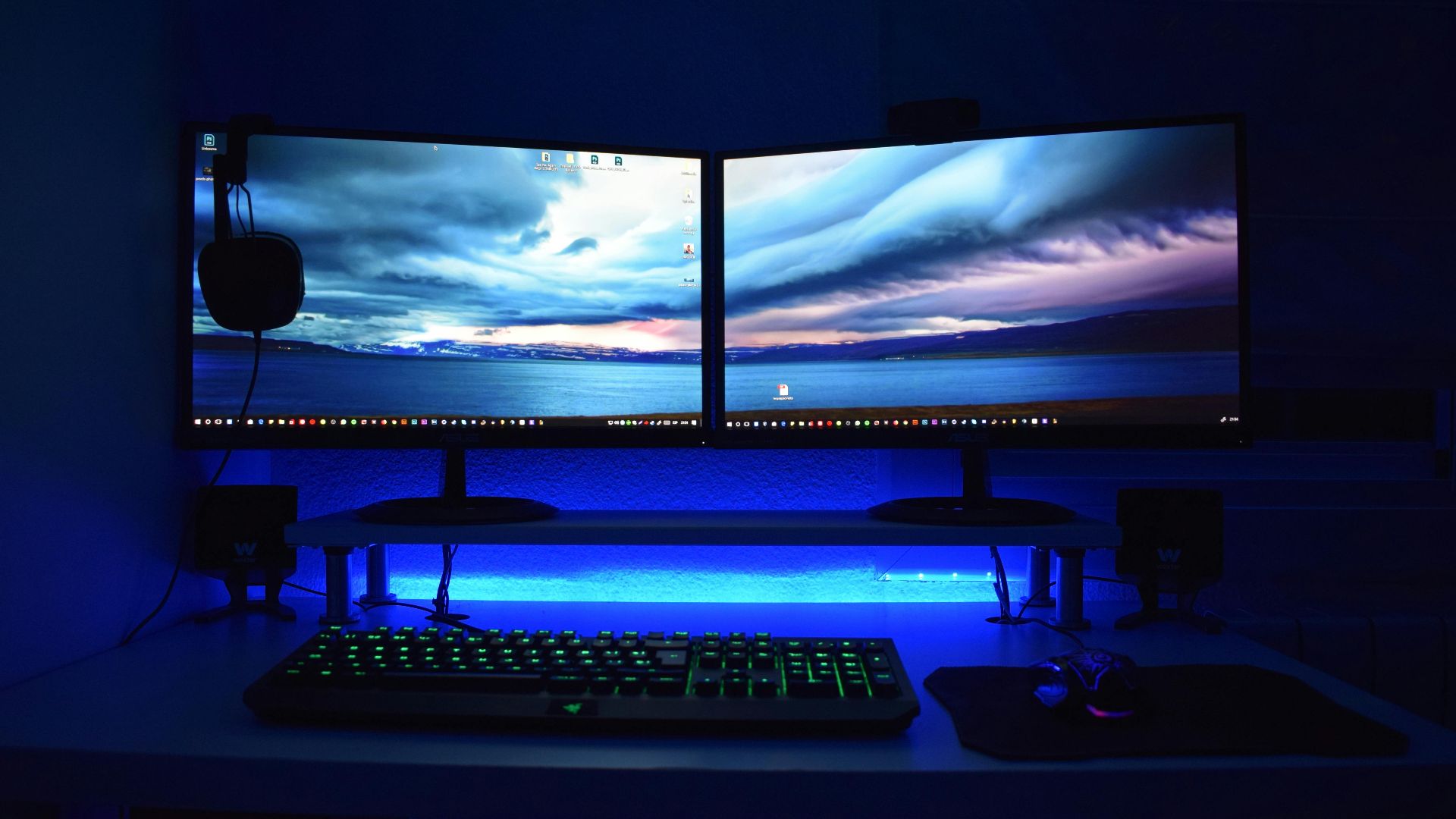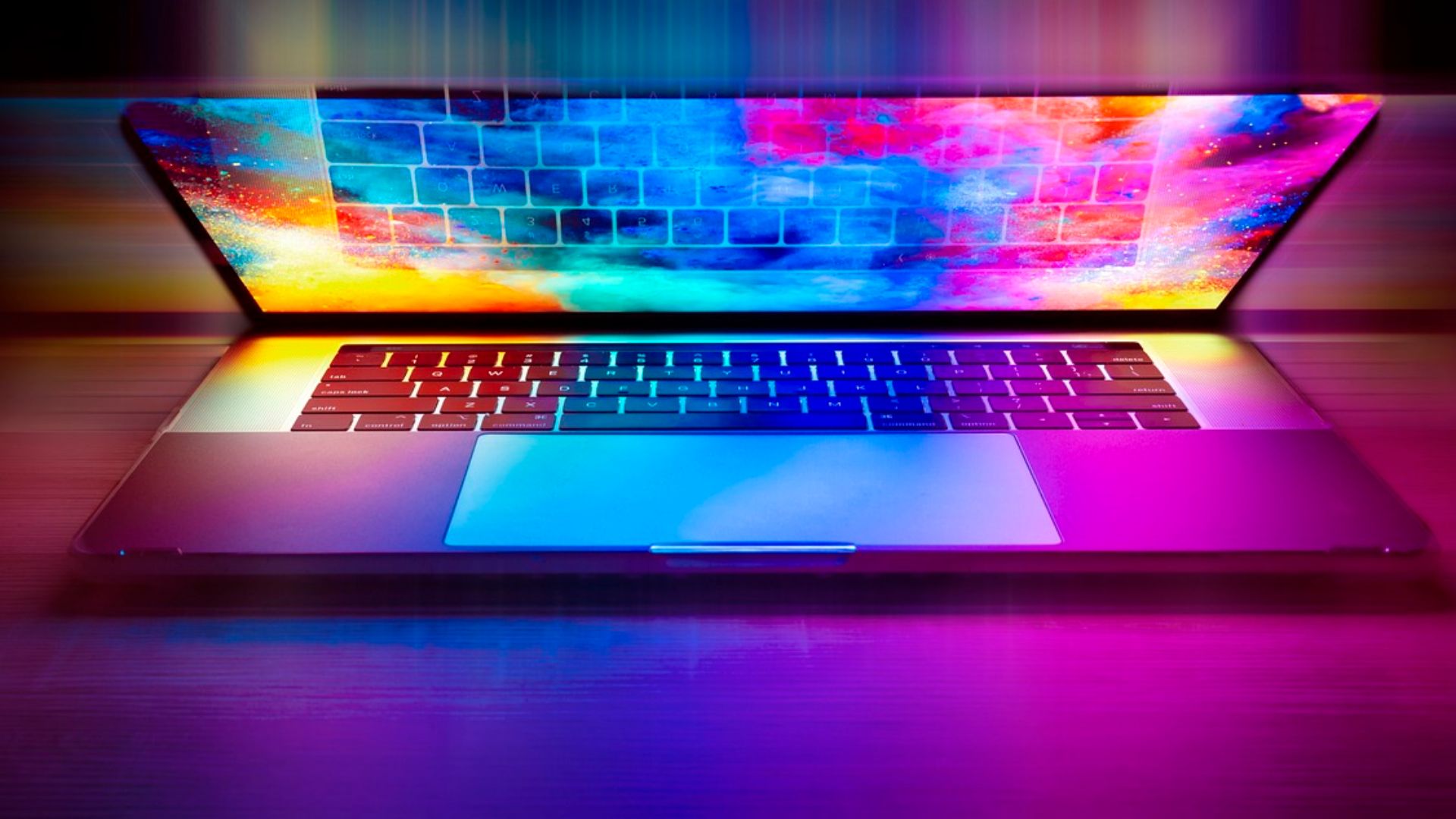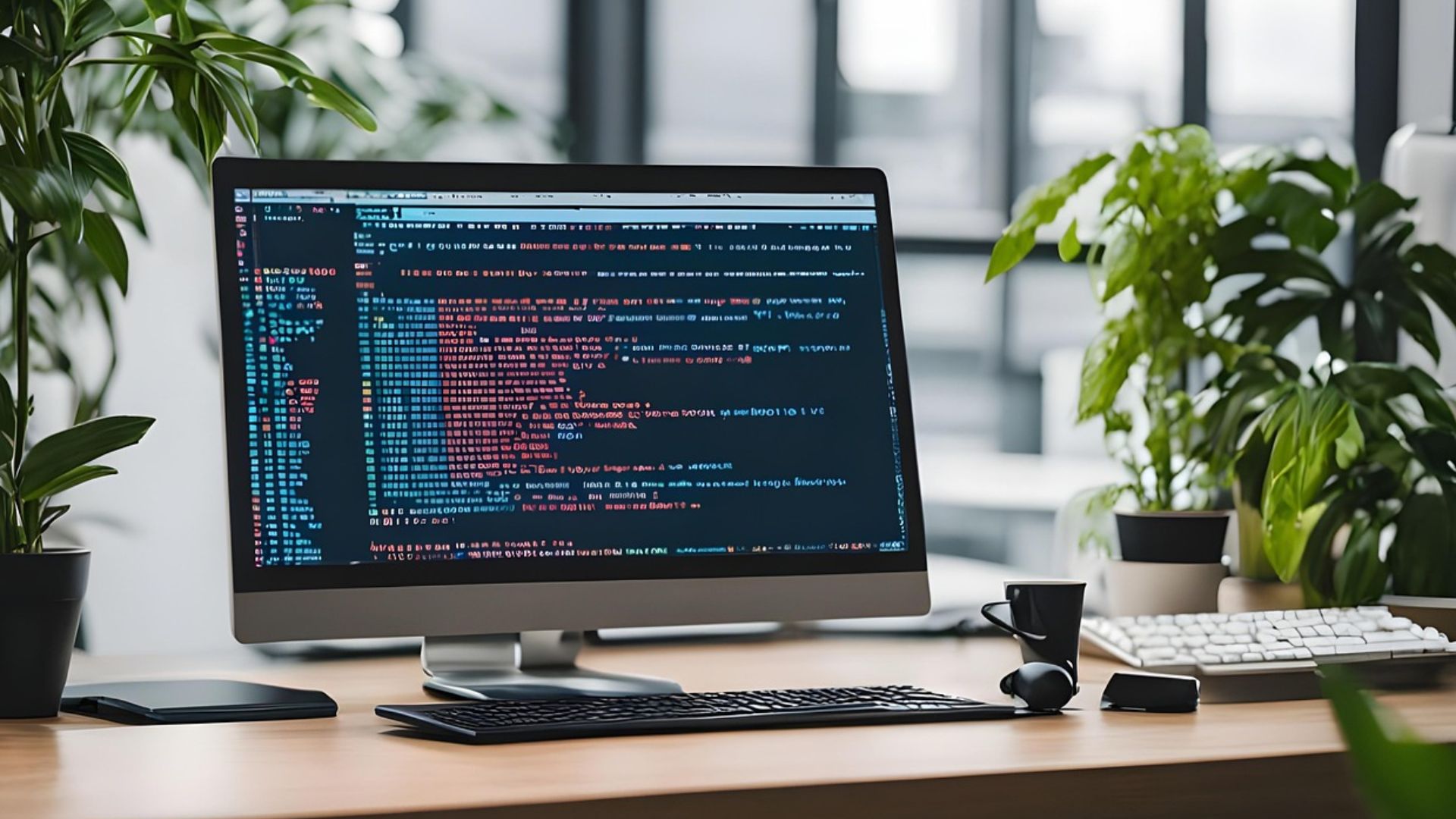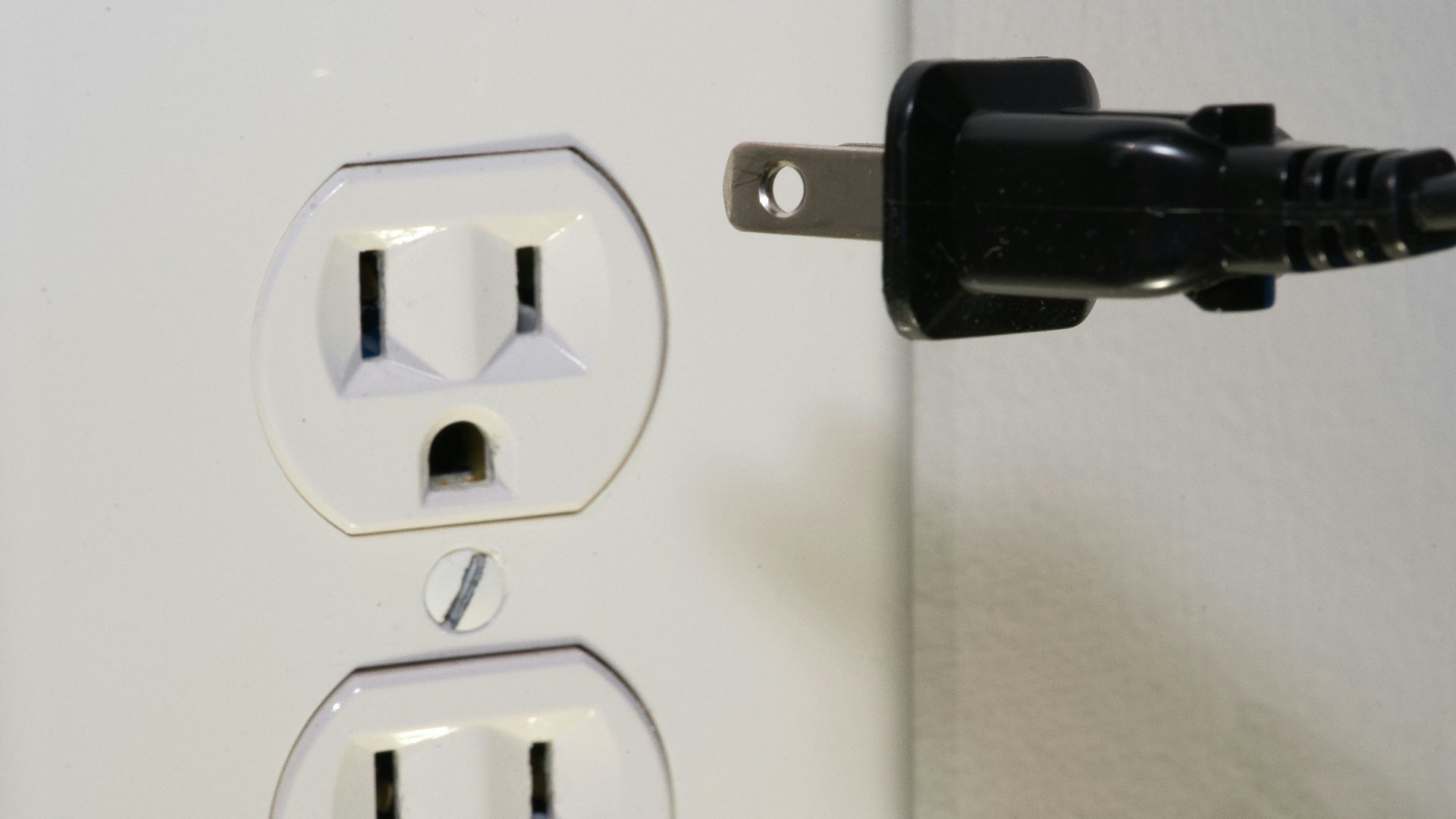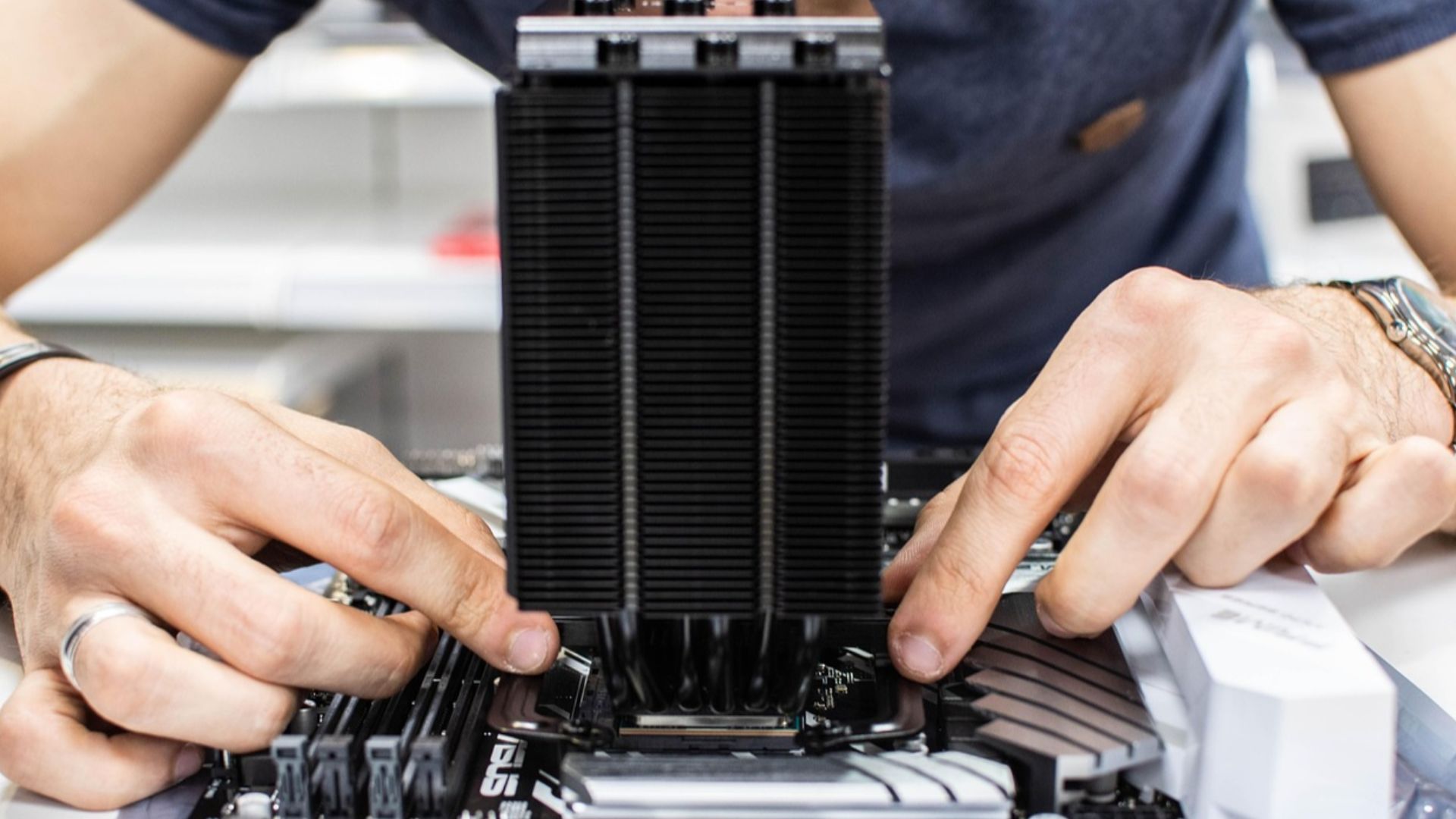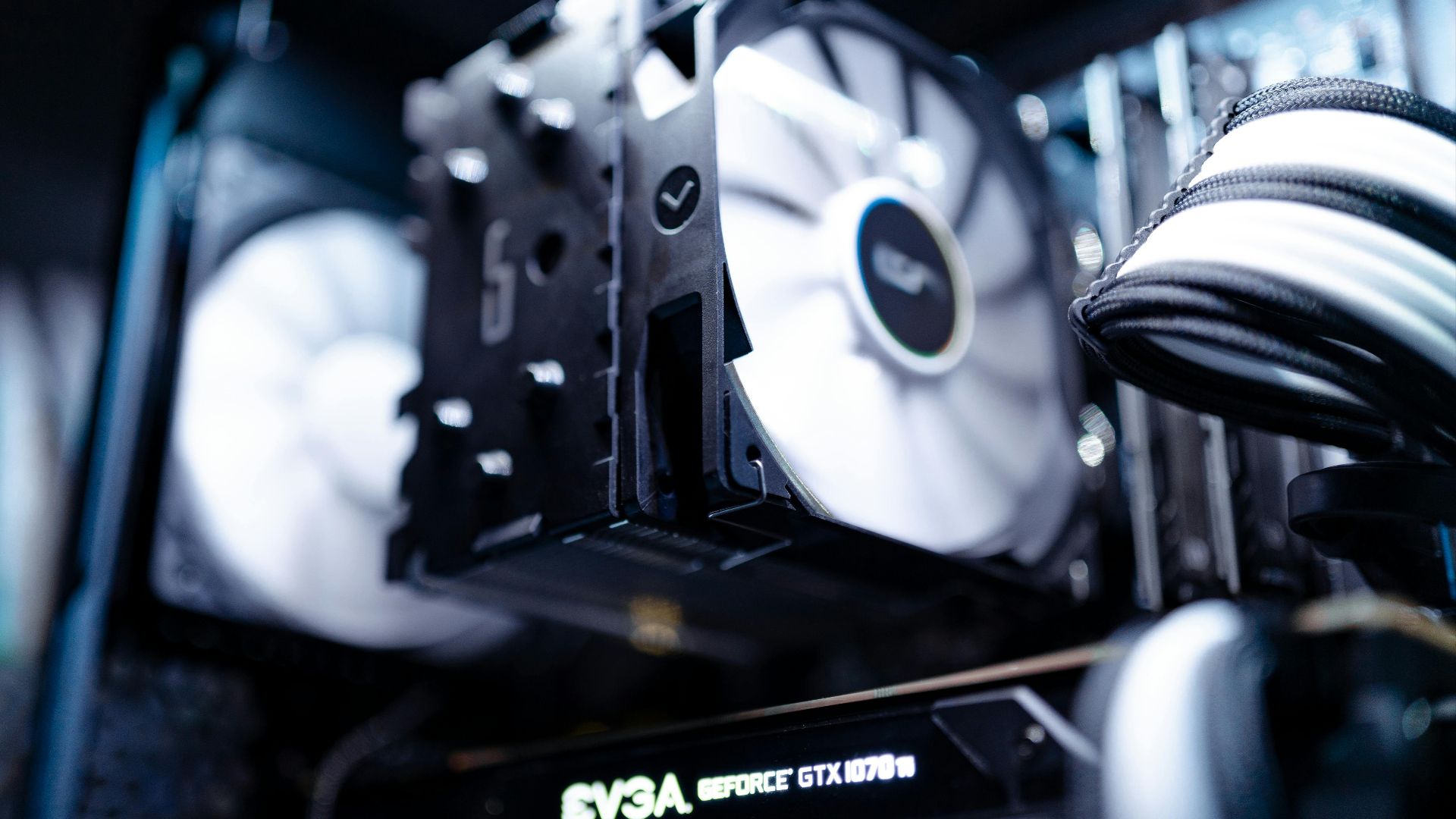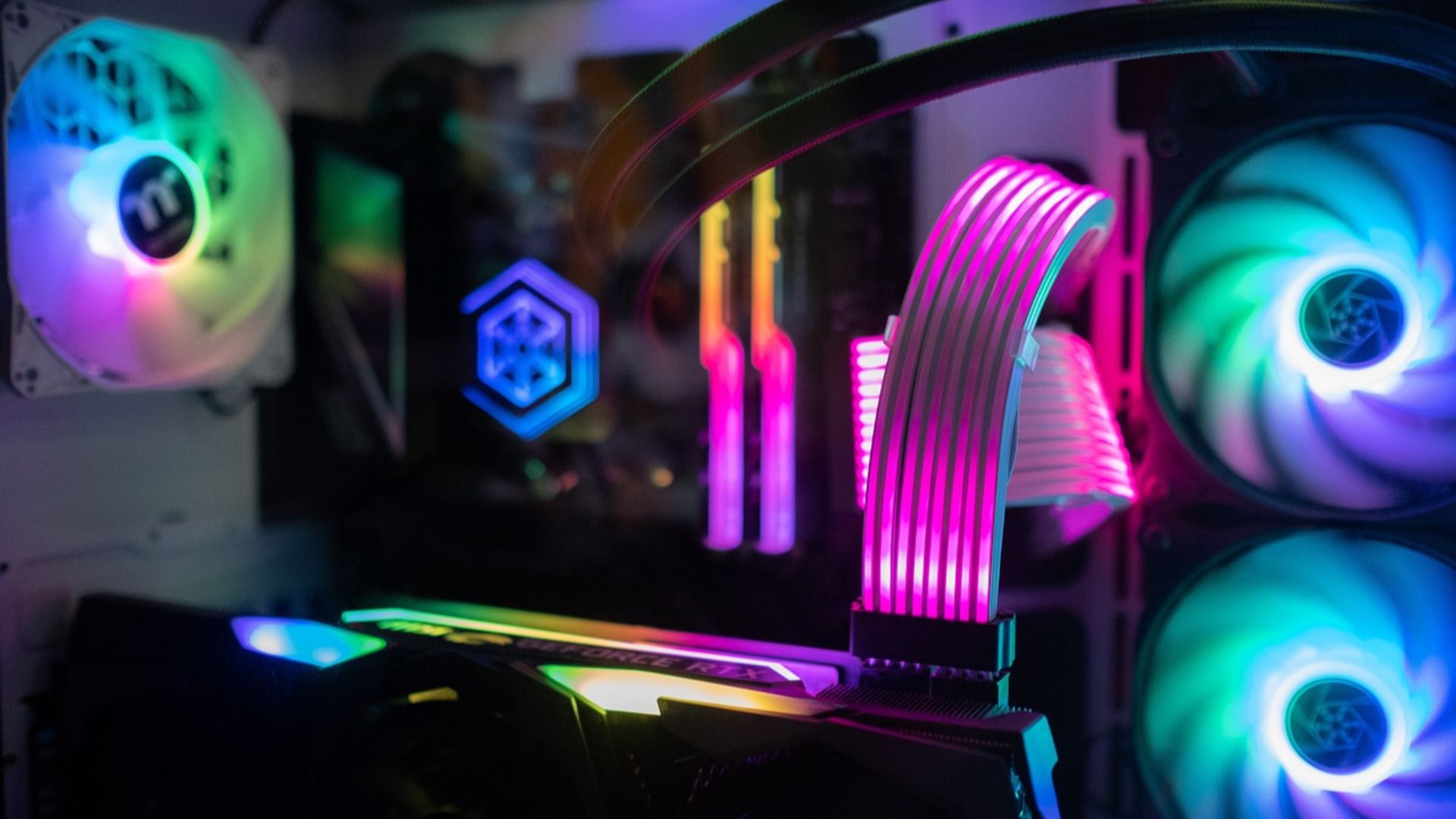The Perfect PC
Depending on who you ask, there’s only one right way to get a PC. Some swear by building your own, while others find it more convenient to buy a pre-made model. Whatever you decide, there are clearly pros and cons to either option.
1. Why do you want a PC?
The first thing to consider when debating between building or buying a PC is the reason you want one. Most people who build PCs are gamers that are trying to get the best performance for a reasonable budget.
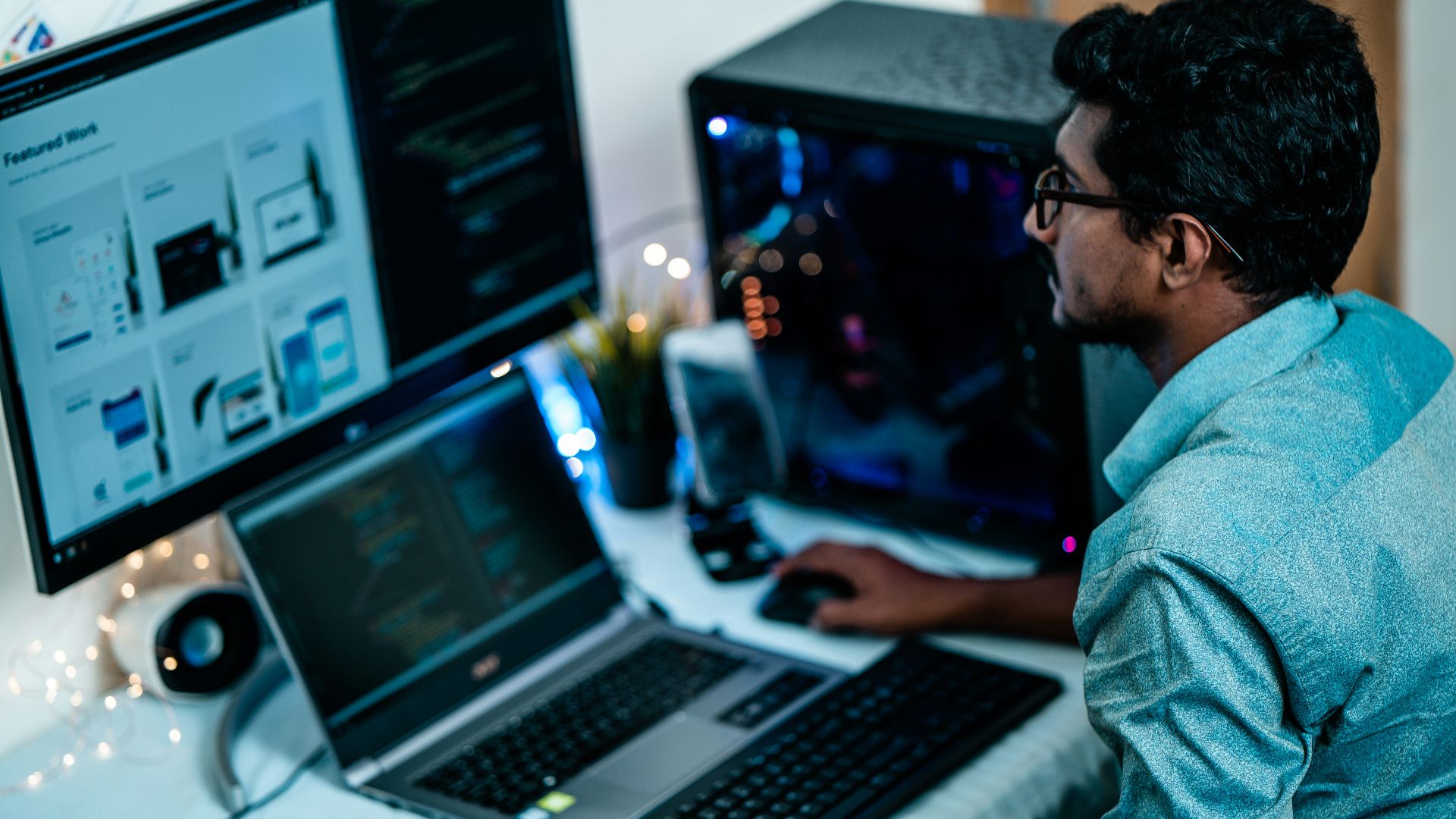 Firosnv. Photography on Unsplash
Firosnv. Photography on Unsplash
2. What specs do you need?
Gamers often have specs in mind when building a PC. If words like RAM and GPU don’t mean much to you, you’ll have to do some research before diving in.
3. What games will you run?
One great way to figure out the specs you need is by making a list of the games you want to run. For instance, if your current PC is struggling to run a certain game, you should check what specs that game requires and build something that meets those needs.
4. What’s your budget?
One of the biggest reasons people choose to make a PC instead of buying one is because of budgets. For instance, a high-end PC with all the latest specs can easily cost anywhere from $3,000 to $4,000, meanwhile, building your own with similar performance runs only $1,000 to $2,000.
5. Warranties
When it comes to pre-builds, most of them come with warranties that will give you a sense of security if anything goes wrong. On the other hand, if you turn on your custom-build only for the screen to fizzle out, it’s up to you to figure it out.
6. Nonsensical Complexity
The downside of building a PC is how complex it can be for someone with no computer background. Plenty of pro-builders will tell you it’s super easy then go on to name several components you’ve never heard of before. For someone with no background in PCs, words like CPU and GPU are just nonsense.
7. A Learning Experience
By building your own PC, you’re giving yourself the opportunity to learn a new skill. Considering the advanced tech entering our world, learning some basic IT and computer skills will only benefit you in the long run.
8. Customizability
One solid perk of the building process is the customizability it affords you. You can essentially switch out whatever you want, get the specs you need, and even streamline the look you want.
9. Value of Time
People often forget to account for the value of their time when they undergo a project. Time has value, and it’s actually easy enough to set a monetary value to your hours. Either way, you have to decide if it’s worth it to you to spend hours, days, or even weeks building a PC.
10. Easier Upgrades
After you get your first PC built and done, it becomes easier to upgrade it as time goes on. This means your original build can last you a long time, saving you money in the long run. Instead of buying a brand-new replacement, you can just swap out parts for cheap.
11. GPU Power
Building on the ease of upgrade, one point of contention for many PC users is graphics. As graphics cards are always getting better and better, the fact that you can upgrade to the newest card and manage your graphic output is certainly a plus.
12. DIY Fixes
One perk of building your own PC is that by learning so much about the custom process, you’ll be able to fix it yourself. In fact, you kind of have to fix it yourself, as you’re the one that has all the insider knowledge on what went into it.
13. Part Compatibility
While being able to pick and choose from various parts is definitely a perk, making sure all those parts actually work together can be a bit of a hassle. You’ll have to do a fair bit of preliminary research, and if you make a mistake, it can be both time-consuming and expensive to find a replacement.
14. Quick Delivery
Another thing about parts is that each one must be ordered from different companies and can take various timeframes to arrive. On the other hand, ordering a PC is pretty straightforward, and vendors like Best Buy can get it to you as fast as the next day.
15. Plug & Play
A perk of buying a PC is you can take it home that day, plug it into a socket, and get started playing your favorite games in ten minutes flat. If getting to the game screen as soon as possible is the most important thing to you, then it’s a no-brainer.
16. Expensive Repairs
One downside of owning a pre-fab PC is when it does come time to fix it, you’ll have to pay upfront for repairs that can get quite pricey. Additionally, these repairs can often take time and may cost you multiple trips just to diagnose the issue alone.
17. Bragging Rights
On a non-performance-related note, it’s simply satisfying to watch something you made come to life. You’ll feel proud of yourself every moment you turn it on, plus you can tell all your friends what you’ve accomplished. Just don’t be surprised if they ask you to make them a PC too.
18. Transferable Skills
While it may seem difficult to learn at first, after you’ve built your first PC, it becomes easier to apply the skills moving forward. You can even put your knowledge on your resume and use it to solve other tech issues.
19. Lackluster Hardware
It might surprise you to find that most pre-built PCs actually have lackluster performance. You’re unlikely to find one with the latest specs and all the bells and whistles you may want.
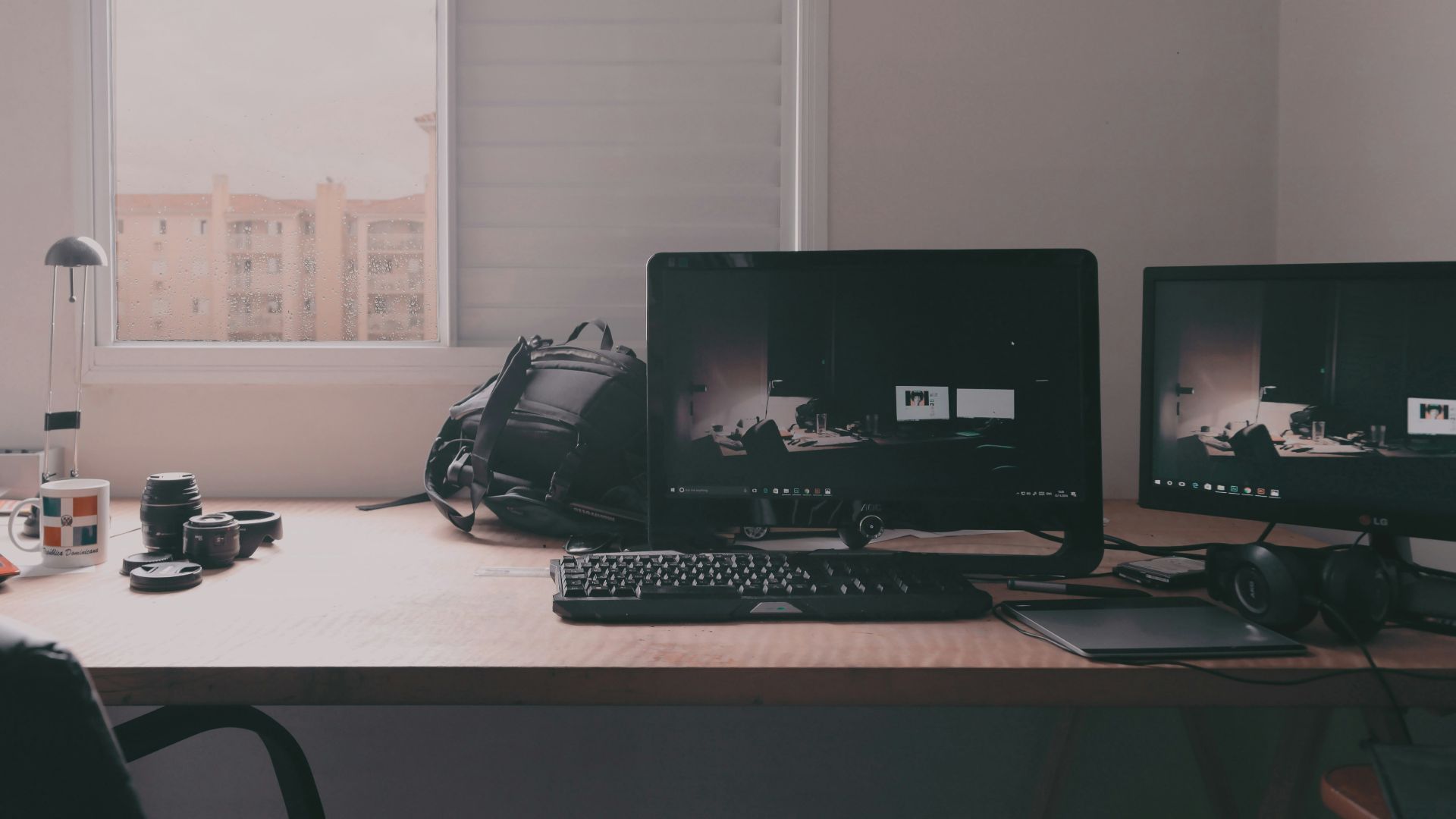 Pedro Henrique Santos on Unsplash
Pedro Henrique Santos on Unsplash
20. Competitive Edge
At the end of the day, when you compare a custom PC to a pre-built one, usually the custom exceeds in terms of performance. Meanwhile, if you have money to burn, a pre-built can be a nice convenience. It all depends on what edge you want.



